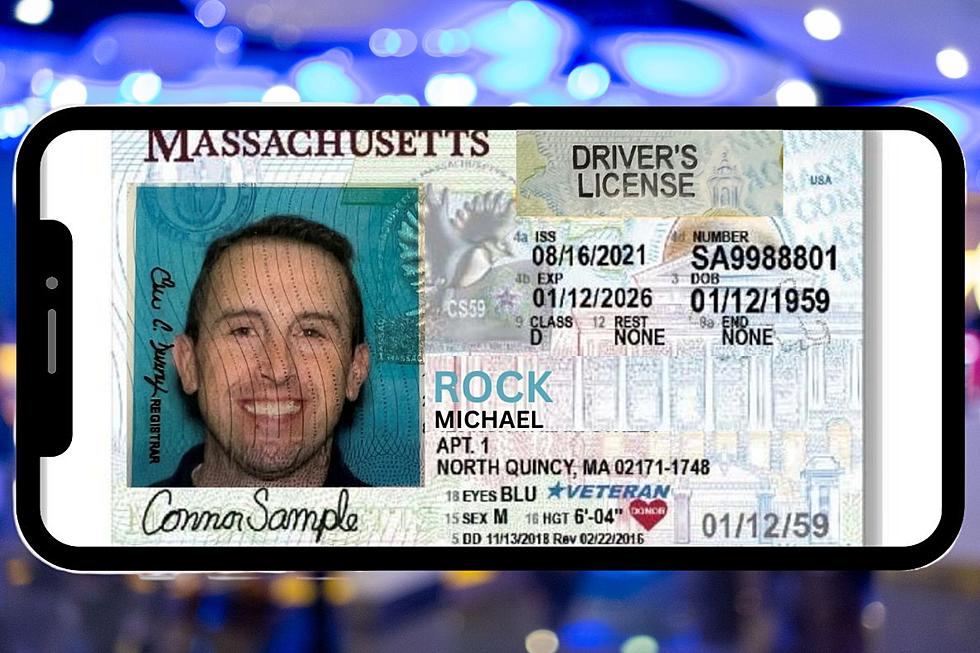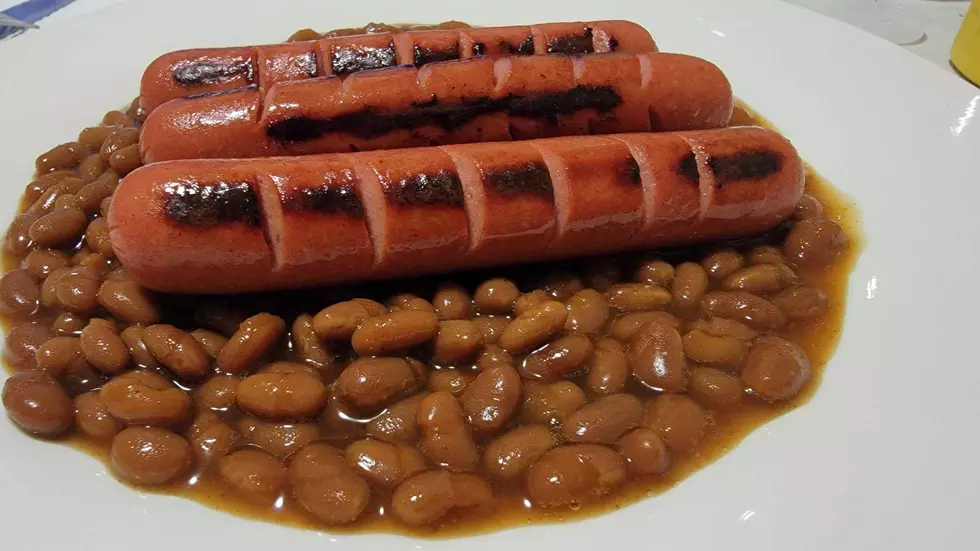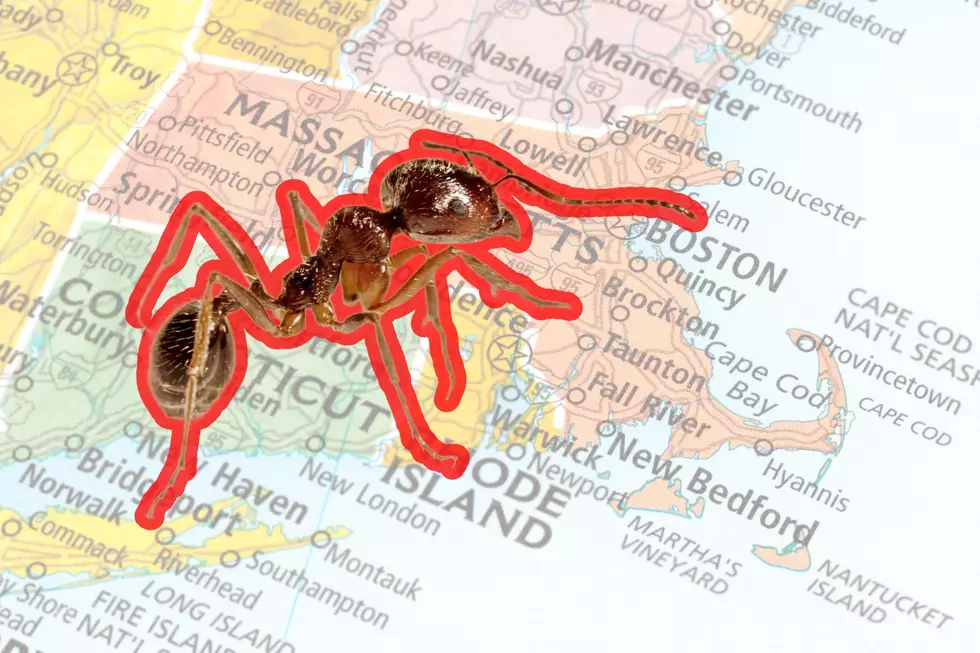
Mass. House Votes to Make State First to Ban Menthol Cigs
STATE HOUSE, BOSTON — The Massachusetts House voted Wednesday to ban the sale of flavored vaping and tobacco products – including mint and menthol cigarettes – and to impose an excise tax on e-cigarettes.
Rep. Danielle Gregoire, a main proponent of flavor ban legislation, said the vote marked "a chance to put an unprecedented nail in the coffin of Big Tobacco." The bill passed on a vote of 126-31.
The American Cancer Society Cancer Action Network said the bill would make Massachusetts the first state to restrict the sale of all flavored tobacco products, including menthol cigarettes. House Speaker Robert DeLeo described Wednesday's vote as "a nation-leading step...to modernize our laws that regulate tobacco."
The action in the House came almost 16 months after Gov. Charlie Baker signed a law raising the tobacco-buying age from 18 to 21 in an effort to curb youth smoking. Spurred by high rates of youth e-cigarette use, anti-tobacco advocates have been pushing to go further by banning all flavored tobacco products, which they say are designed to appeal to children and, in the case of mint and menthol, mitigate the harsh effects of smoking traditional cigarettes.
The effort took on new urgency for lawmakers when the Baker administration responded to the national outbreak of vaping-related lung illnesses by temporarily prohibiting the sale of vaping products in Massachusetts. That ban, which has been the subject of legal challenges, is now set to expire in late December.
Rep. John Mahoney, the House chair of the Public Health Committee, said state officials have reported 29 cases of vaping-related lung injury and three deaths from the illness in Massachusetts. He said 9,300 adults in the state die each year of smoking, and tallied the annual smoking-related health care costs for Massachusetts at $4 billion.
The bill (H 4183) passed mostly along party lines, but seven Republicans voted in favor and five Democrats opposed the bill.
In addition to the flavor ban and e-cigarette tax, the bill also requires commercial health insurers and MassHealth to cover tobacco cessation counseling and nicotine replacement therapy and expands penalties for illegal tobacco sales. Businesses that don't comply with the bill's provisions could have their Lottery licenses temporarily suspended.
"Today, we are clearly communicating to big tobacco companies that while you stole the health and well-being of our parents and grandparents, you cannot have our children," Rep. Marjorie Decker said.
Under a Rep. Andy Vargas amendment the House adopted, 30 percent of the vape tax revenue – which lawmakers previously estimated at $10 million to $15 million per year – would be directed toward a trust fund that communities use for substance abuse prevention.
The federal government in 2009 banned flavors in traditional combustible cigarettes, except for mint and menthol.
Gregoire called the inclusion of menthol as a prohibited flavor a "cornerstone" of the House bill. It's also been a flashpoint, drawing an outcry from convenience store owners who shut down their shops one day earlier this month in protest.
Two Republican lawmakers from districts near the New Hampshire border, Rep. Brad Hill of Ipswich and Rep. Sheila Harrington of Groton, raised concerns how retailers in their communities would be affected. Both ultimately voted against the bill.
Pointing to the temporary ban on vape sales, Groton Rep. Sheila Harrington said, "We have just given a financial gift to the state of New Hampshire, because people are going in droves." Meanwhile, Harrington said, the retailers in her district who sell flavored tobacco products are receiving "one more whack on the head."
The bill will next go to the Senate, where President Karen Spilka has indicated an interest in taking up vaping-related legislation before the Legislature breaks for a recess on Nov. 20.
The Senate approved a 75 percent vape excise tax during its fiscal 2020 budget debate, but the measure was dropped in talks with the House. Baker, too, has proposed taxing e-cigarettes and their liquids, products that are currently untaxed.
Spilka and Baker have not yet tipped their hands as to where they might stand on menthol. Spilka, an Ashland Democrat, has said the Senate is looking at the issue. Baker has voiced support for the idea of banning flavored e-cigarettes, but did not directly answer recently when asked if he considers menthol a flavor.
Rep. Christopher Hendricks, a first-term Democrat from New Bedford, filed an amendment to strip the menthol ban from the bill, but withdrew it with no discussion. Hendricks voted against the bill.
The House rejected an amendment from Rep. Susannah Whipps that would have allowed adult-only retail tobacco shops to sell flavored tobacco and vaping products, and another from Rep. Jay Barrows that would have established a civil penalty of up to $100 for people under 21 found in possession of tobacco or marijuana products.
The Democrat-controlled body also shot down a Republican bid to send the bill back to committee for further analysis of its costs.
Hill said the vote should be delayed a week so lawmakers can learn more about how the bill would affect state revenue – both in terms of revenue gained through the vape tax and lost by taking taxed menthol cigarettes off the shelves – and its impact on retailers.
— Katie Lanna with Chris Lisinksi contributing, State House News Service
More From WBSM-AM/AM 1420









